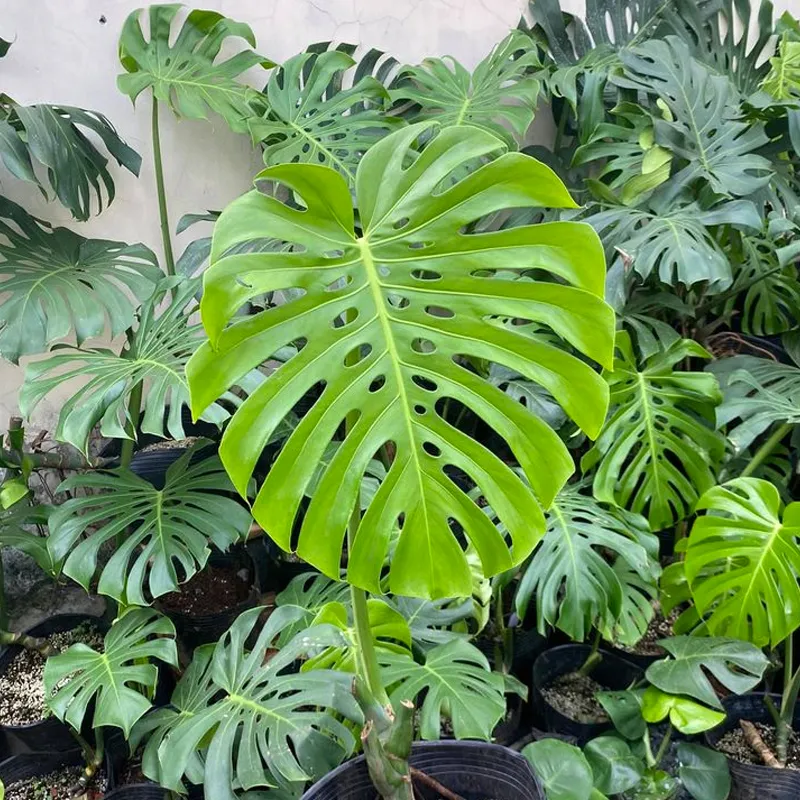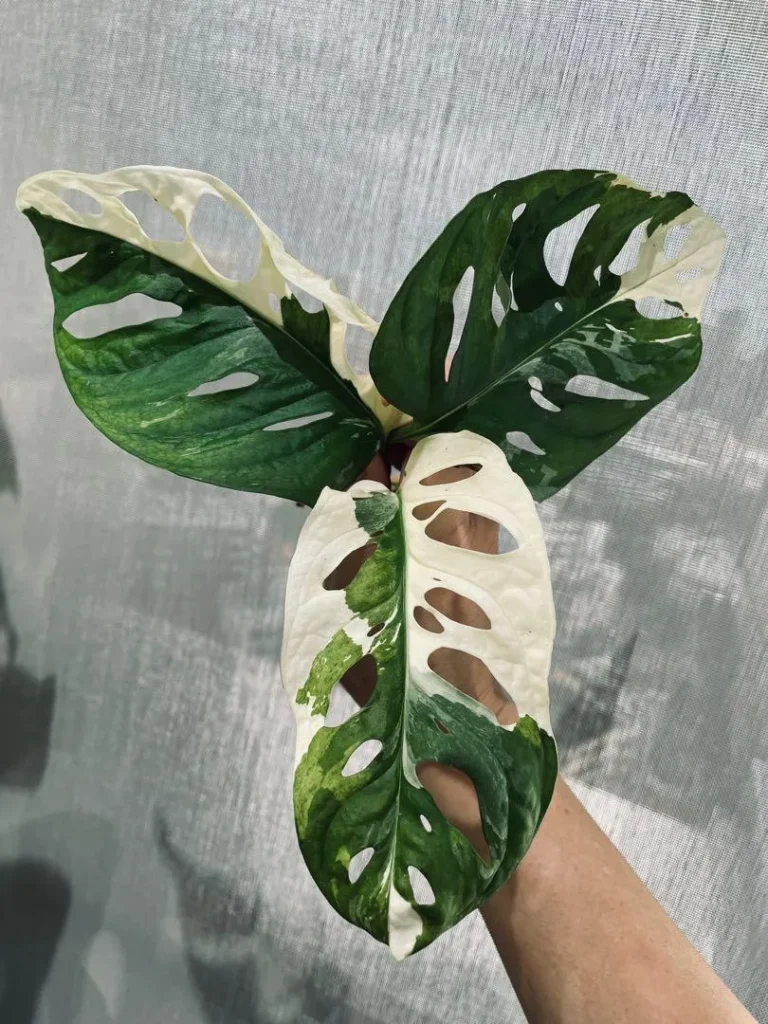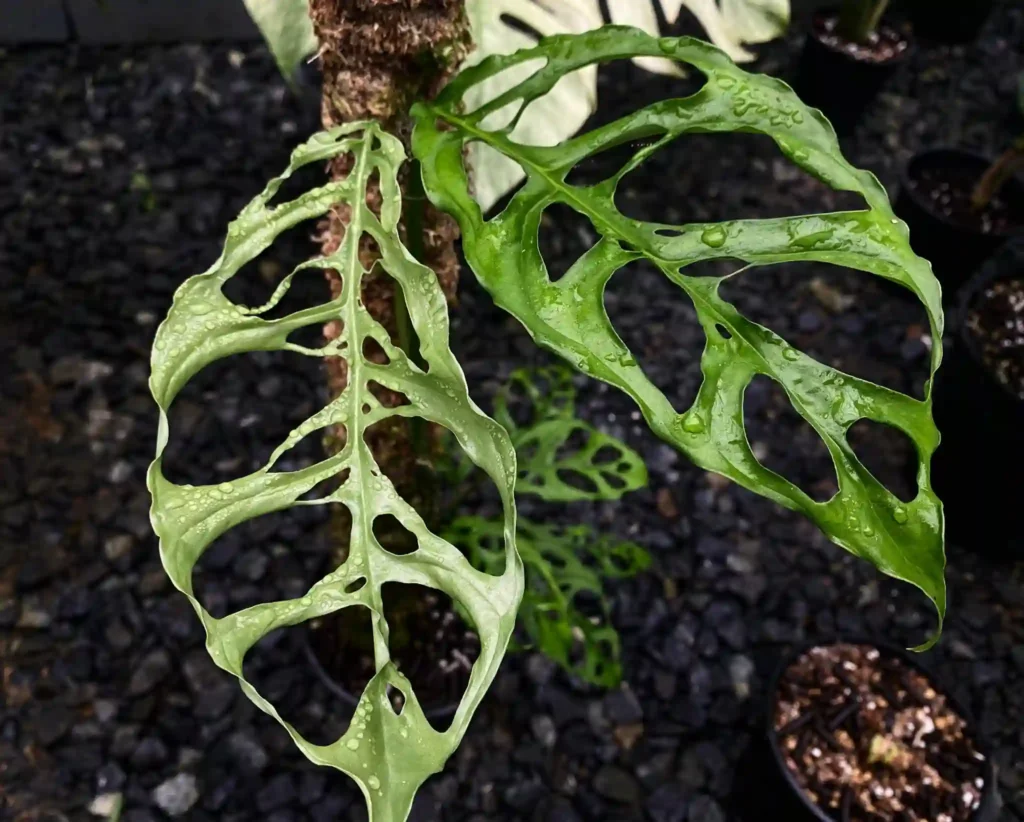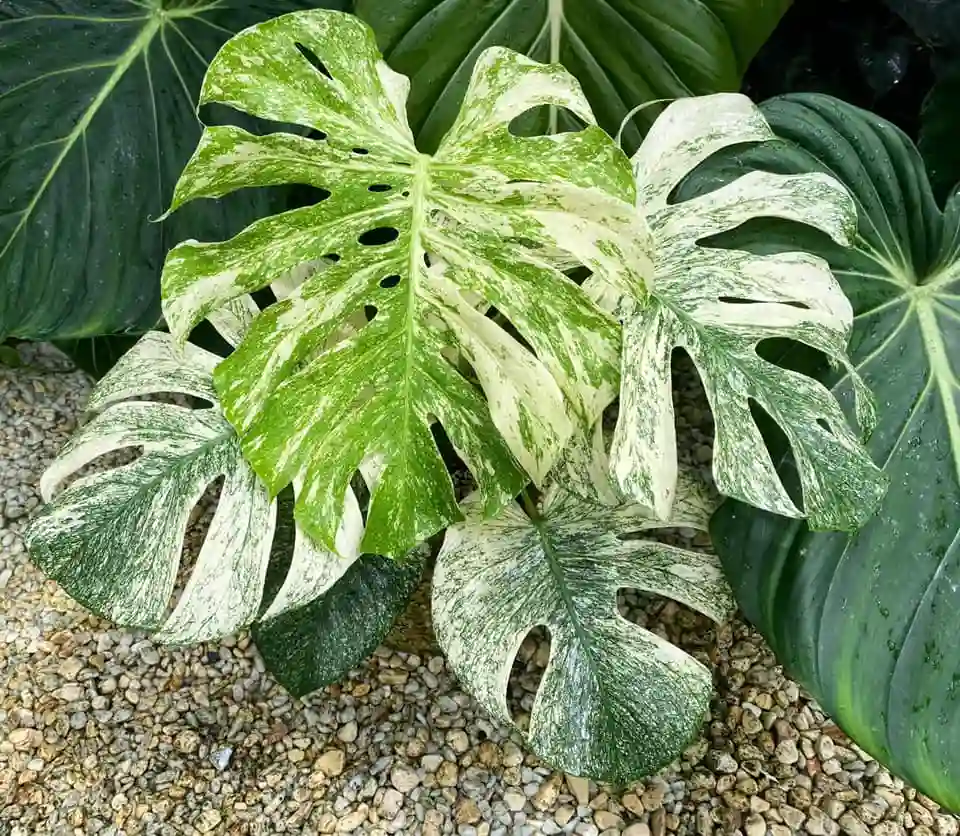
The Alluring Alligator Juniper: A Gardener’s Guide
Hi there, I’m Ferb Vu, and I’ve been fascinated by the plant world for as long as I can remember. Today, I want to delve into a particularly intriguing species: the Alligator Juniper. This isn’t your average juniper bush. With its rugged good looks and interesting characteristics, it’s a real standout in the landscape.
Where Does the Alligator Juniper Grow?
The Alligator Juniper, also known as Juniperus deppeana, is native to the southwestern United States and central and northern Mexico. These tough trees thrive in dry, rocky regions, adding a touch of evergreen beauty to canyons, mountainsides, and mesas. If you’re ever hiking in the Southwest, keep an eye out for their distinctive silhouette.
Unveiling the Alligator’s Secrets
One look at the Alligator Juniper, and you’ll understand its name. Its bark is unlike any other tree’s. Imagine a patchwork of rough, rectangular plates that resemble alligator hide – hence the name. This unique bark not only looks impressive but also helps the tree retain moisture in its harsh environment. The foliage itself is another captivating feature. Unlike some junipers with sharp needles, the Alligator Juniper boasts soft, scale-like leaves in a beautiful blue-green hue. These leaves grow in dense clusters, creating a lush, textured canopy.
Is Alligator Juniper a Hardwood?
This is a common question, and the answer is no. The Alligator Juniper is actually a softwood, like most conifers. Softwoods are known for their faster growth rate and lighter weight compared to hardwoods. However, don’t underestimate the Alligator Juniper’s resilience. Despite being a softwood, it boasts exceptional strength and durability, making it a valuable resource in its native habitat.
Is Alligator Juniper Dioecious or Monoecious?
Great question! The Alligator Juniper is dioecious, meaning there are separate male and female trees. Each tree produces small cones in the spring. Male cones release pollen, while female cones develop into the juniper’s version of berries – small, fleshy cones that mature to a copper color. These berries aren’t particularly showy, but they do play a role in the ecosystem, providing food for birds and other animals.
Is Alligator Juniper Poisonous?
Be cautious with those berries! While some juniper species have edible berries, the Alligator Juniper’s berries are toxic. They contain juniperin, a compound that can cause nausea, vomiting, and stomach cramps if ingested. So, admire the berries from afar, but keep them out of reach of children and pets.
Is an Alligator Juniper Considered a Cedar?
This is a bit of a botanical debate. Junipers and cedars belong to the same family, Cupressaceae, and share some similarities. However, there are subtle differences in their leaves, cones, and growth habits. Technically, the Alligator Juniper is classified as a juniper, but some people may refer to it as a cedar due to its overall look.
How Old Are Alligator Juniper Trees?
The Alligator Juniper is a living testament to perseverance. These trees can grow incredibly old, with some specimens estimated to be over 1,000 years old. Their slow growth rate and ability to withstand harsh conditions contribute to their longevity. Imagine standing beneath a tree that has witnessed centuries of change – a humbling thought, isn’t it?
Can Alligator Juniper from the Southwest be used for a Utility Pole?
While Alligator Junipers are strong and durable, their size and branching habit typically make them less suitable for utility poles. Traditional utility poles require tall, straight trunks, which Alligator Junipers don’t always possess. However, the wood has been used for fence posts, making excellent use of its natural strength and rot resistance.
How Long Will an Alligator Juniper Stump Last?
The Alligator Juniper’s resilience extends even after it’s cut down. The stumps of these trees can last for many years, often sprouting new growth at the base. This makes them somewhat difficult to remove completely, but it also demonstrates the tenacious spirit of this species.
Is Alligator Juniper Good Firewood?
Yes, Alligator Juniper can be a good firewood option, but with some caveats. The wood burns hot and slow, providing excellent heat output. However, it can also be quite dense and challenging to split. If you have access to seasoned Alligator Juniper firewood, it can be a welcome addition to your winter fire. Just be prepared to put some muscle into splitting it.
Is Alligator Juniper Expensive?
The cost of Alligator Junipers can vary depending on the size, maturity, and source. Generally, they are not as widely cultivated as some other junipers, so they may be more expensive than some common varieties. However, if you’re looking for a unique and conversation




